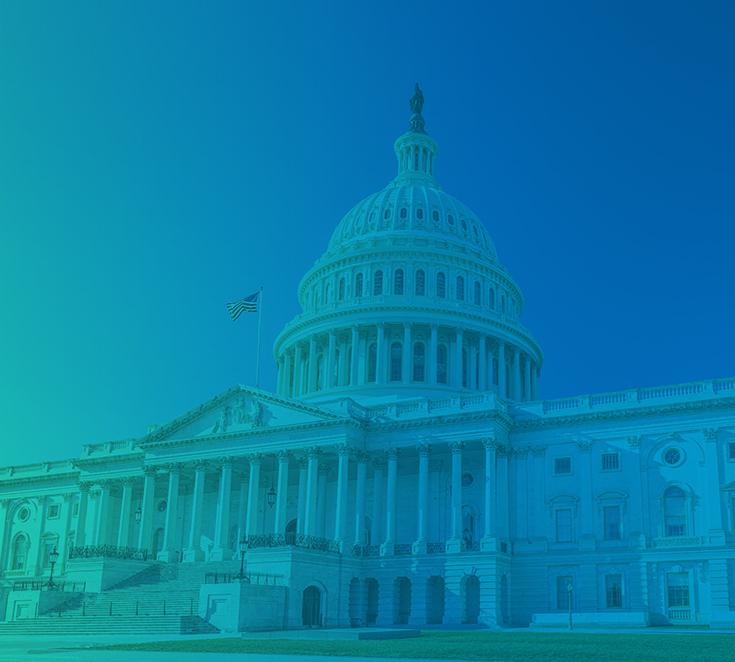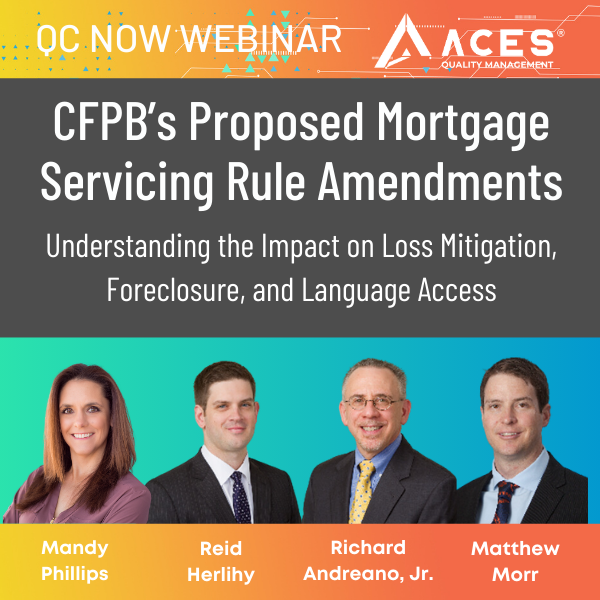MBA Newslink--Mike Sorohan
A House Appropriations subcommittee yesterday approved $137 billion in fiscal 2020 funding for HUD and Ginnie Mae that includes key Mortgage Bankers Association-supported provisions for staffing and technology.
The House Appropriations Subcommittee on Transportation, Housing and Urban Development and Related Agencies approved the FY 2020 bill by voice vote (https://appropriations.house.gov/sites/democrats.appropriations.house.gov/files/FY2020%20THUD%20Sub%20Markup%20Draft.pdf). In total, the legislation provides $137.1 billion in budgetary resources, an increase of $6 billion above the 2019 enacted level and $17.3 billion above the Trump Administration's budget request.
"This year's T-HUD bill makes forward-looking investments in our housing and transportation infrastructure, while ensuring concerted attention to safety, the needs of the most vulnerable and resilience," said Subcommittee Chairman David Price, D-N.C. "It will benefit all American communities--urban and rural--and lays the foundation for economic growth and opportunity."
Ahead of the vote, the Mortgage Bankers Association yesterday sent a letter to committee members urging the bill's approval, noting it provides FHA with key staffing and technology upgrades.
MBA Senior Vice President of Legislative and Political Affairs Bill Killmer said the appropriations bill is critical to providing FHA with "resources, both in staffing and systems upgrades, it requires to maintain its important, countercyclical role as a government-backed mortgage insurer."
The letter taps on a number of funding issues, including:
Staffing, Project Management. Killmer noted MBA has long been a proponent of adequate funding for staffing, project management and potential improvements that would allow the agency to better manage its operations and the risks associated with its Mutual Mortgage Insurance Fund, but notes the FY 2020 appropriations provide $130 million instead of HUD's budget request of $150 million. "While appreciating the $130 million the Subcommittee has provided for FHA's administrative contract expenses, we continue to support HUD's initial budgetary request for $150 million," Killmer said.
Cybersecurity & Information Technology Fund. Killmer said MBA appreciates and supports the $300 million within the bill allocated to HUD's Cybersecurity and Information Technology Fund to help the agency better meet its acute information technology needs on a broad basis, as well as the specified $20 million from that Fund to be used in the ongoing upgrade of FHA's decades-old single family IT infrastructure. "These IT systems have long been in need of modernization, and the directed funds represent another crucial step forward to help the FHA improve its quality assurance controls and the integrity of its systems," he said.
FHA Multifamily & Healthcare Finance Programs. Killmer commended the committee for including $30 billion in commitment authority for the General and Special Risk Insurance Fund in its FY 2020 proposal, as well as adequate funding for rental assistance, particularly Section 8 Project Based Rental Assistance. "Together, these programs permit private sector lenders to continue to finance workforce and affordable apartments and residential healthcare facilities that serve millions of Americans," he said.
Ginnie Mae. MBA continues to support an increased level of funding for staffing, training and technology needs. Killmer noted while the $27 million proposed in the T-HUD budget is consistent with FY 2019, MBA believes Ginnie Mae's full request for $28.4 million for these purposes is more appropriate. "Given Ginnie Mae's stated role in providing liquidity targeted to low- and moderate-income families, first-time homebuyers, renters, veterans and rural households, this funding level is necessary to prudently manage the increased loan volume in the single-family and multifamily mortgage markets," he said.
In addition, MBA noted in recent years the market share for FHA, VA Home Loans Program, and Rural Housing Service single-family lending has continued to shift towards a more diversified base of smaller lenders. "MBA believes this to be a positive trend for Ginnie Mae that reduces concentration risk in the program, but cautions it may require increased oversight or funding in the near future to support Ginnie Mae's ongoing counterparty risk management of the expanded issuer base," Killmer said.
Prohibition on Federal Funds in Eminent Domain Seizures. MBA reiterated its support for the bill prohibiting use of federal funds being used to facilitate eminent domain seizures of performing mortgage loans for the sixth consecutive year, noting by enacting this prohibition for the past five fiscal years, Congress was able to effectively defuse this threat. "If the ban were not to be not renewed, the threat posed by these schemes would undoubtedly return," Killmer said. "The introduction of this new risk to the housing finance system would severely impact the return of private capital to our markets, and would undermine future congressional efforts to successfully transition to a new housing finance system.
Housing & Homeownership Counseling. MBA urged the Subcommittee to fully adopt the recommendation to provide an increased $60 million for this purpose. "These funds are critical to assisting homeowners facing foreclosure, helping first-time homebuyers navigate the challenges of the purchase process and counseling for reverse mortgages (a program requirement) for seniors, a traditionally high-risk group for financial fraud," Killmer said.
The bill next heads to the full Committee for markup.




